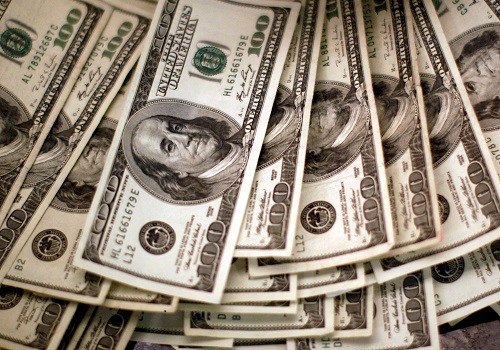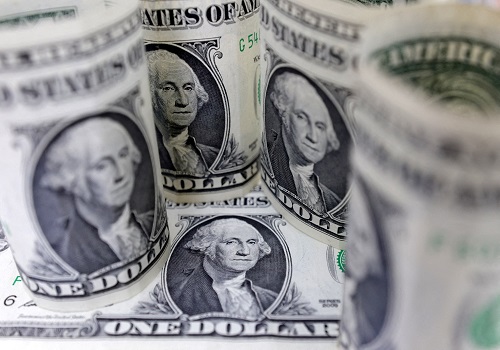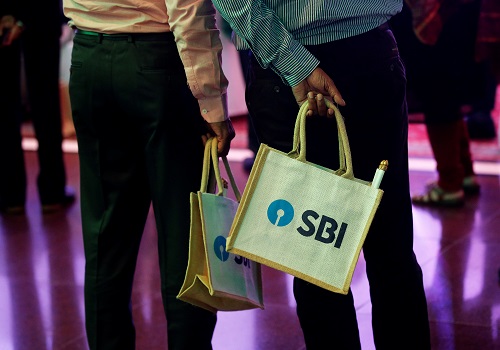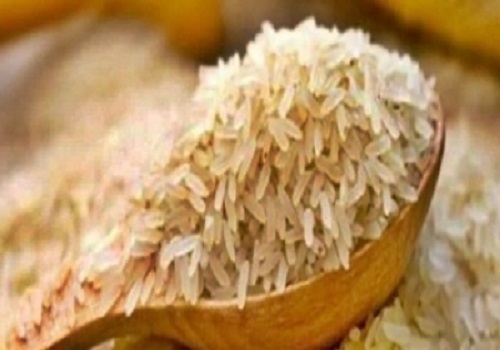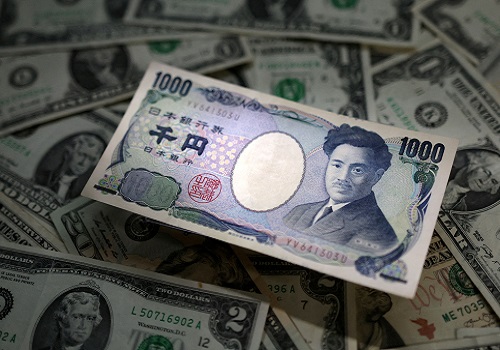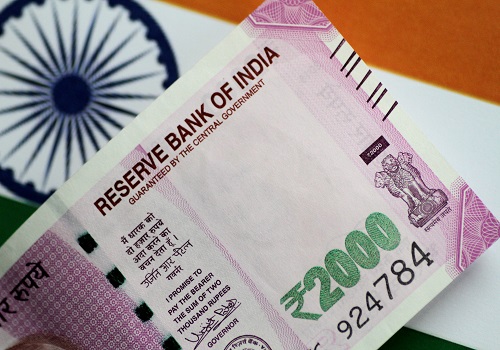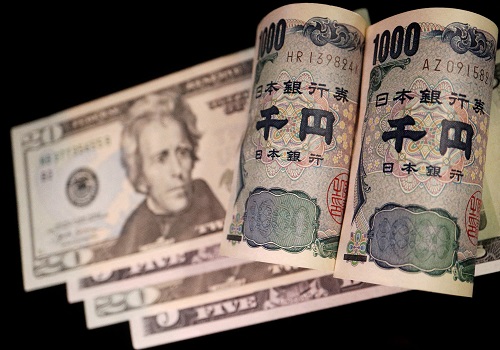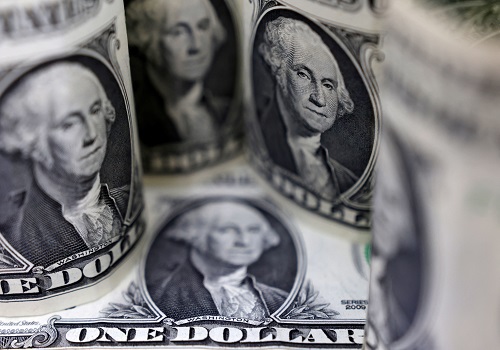INDIA RUPEE- Hits more than 1-week high on weaker dollar, oil prices
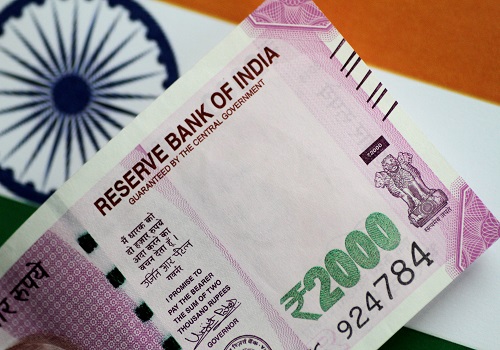
Follow us Now on Telegram ! Get daily 10 - 12 important updates on Business, Finance and Investment. Join our Telegram Channel
The Indian rupee hit a more than one-week high against the U.S. currency on Friday, as the dollar index fell further from a two-decade high scaled earlier this week.
The rupee was trading at 79.6350 per U.S. dollar, as of 0502 GMT, up from 79.71 in the previous session. The local currency had reached 79.57 earlier in the session.
For the week, the rupee has gained about 0.2% and is headed for its best performance in seven weeks.
The dollar index declined 0.8% to 108.84 and was poised for its worst session in a month. The gauge had climbed to near 110.80 earlier this week, the highest in 20 years.
Brent crude futures were hovering near $89.50, shedding about 18% since the beginning of August.
Lower oil prices and a weaker dollar "are good enough" for traders to add on short rupee speculative positions, said Anindya Banerjee, head research - fx and interest rates at Kotak Securities.
Foreign equity inflows are holding up well and that is another piece of positive news for the rupee, Banerjee said.
Foreign investors have purchased about $350 million worth of Indian equities so far this month after $6.5 billion worth buying in August, according to NSDL data.
The euro was the main reason for the pullback on the dollar index. The European Central Bank on Thursday raised its key interest rate by 75 basis points and said it expected to continue raising rates to dampen demand, prioritising the fight against inflation.
Meanwhile, rupee forward premiums dropped, with the 1-year implied yield slipping to 2.88%, weighed down by a hawkish Federal Reserve and lower oil prices.
Euro-rupee and other rupee crosses futures traded on the NSE rose. Dollar-rupee futures contracts inched lower and open interest on them was slightly lower.
Indian shares advanced, tracking an uptick in U.S. equity futures and Asian peers.




